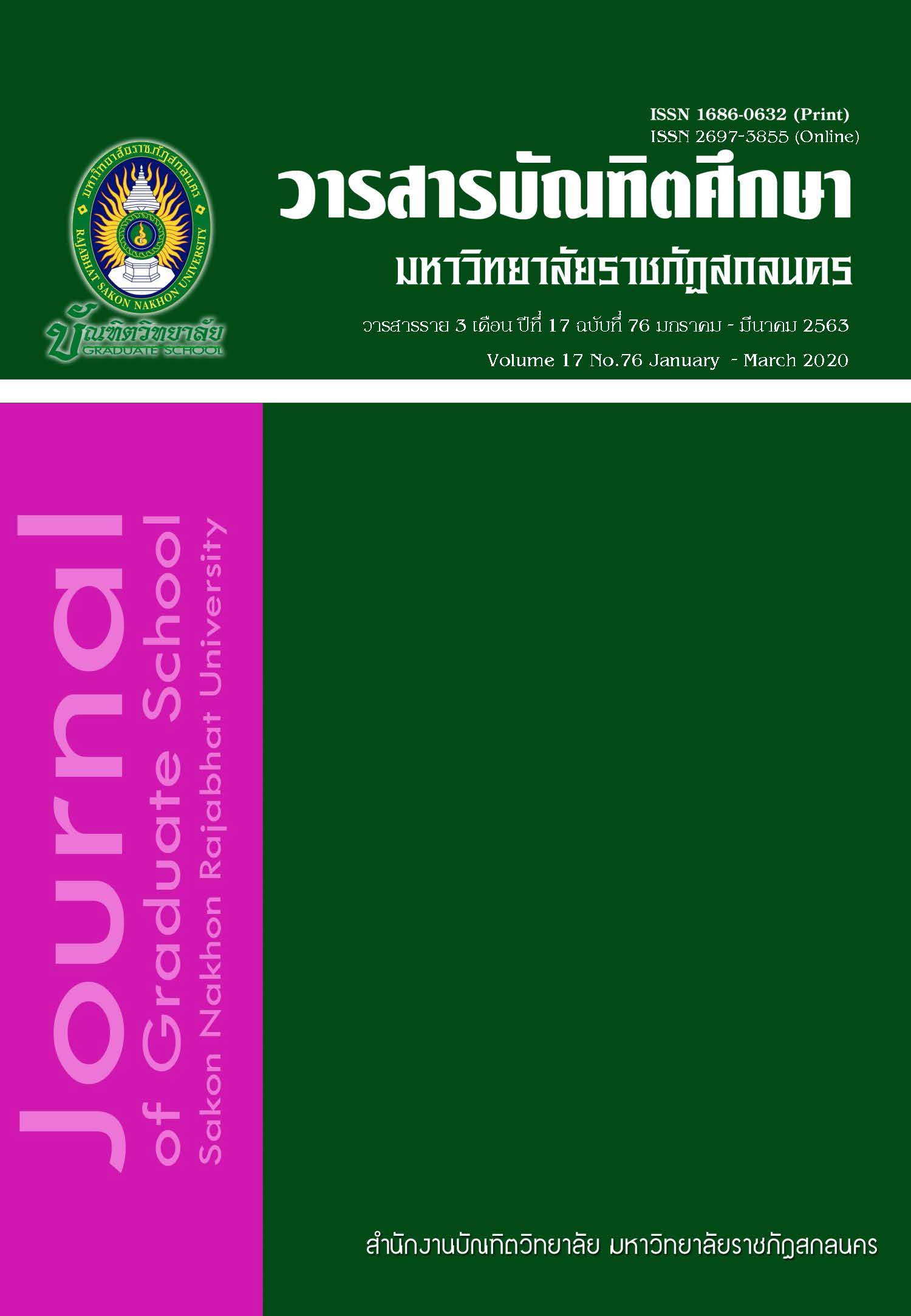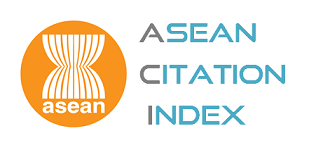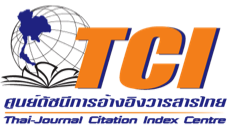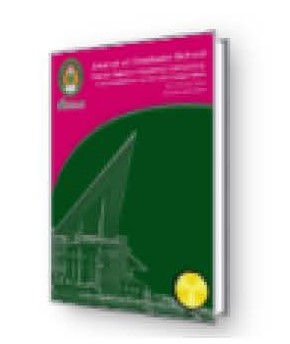การพัฒนาการคิดวิเคราะห์ เรื่อง รักษ์โลก รักษ์ทรัพยากร โดยการจัดการเรียนรู้ตามแนวคิด วิทยาศาสตร์ เทคโนโลยี และสังคม ร่วมกับหลักปรัชญาเศรษฐกิจพอเพียง ของนักเรียนชั้นประถมศึกษาปีที่ 6
Keywords:
Science Technology and Society, Philosophy Sufficiency Economy, Analytical Thinking, Desired Characteristic, SatisfactionAbstract
The purposes of this research were: 1) to develop lesson plans based on science technology and society concept with principles of sufficiency economy philosophy on the topic of the earth and resources conservation for Prathomsuksa six students to meet the efficiency of 75/75, 2) to compare students’ analytical thinking both before and after the intervention, 3) to examine students’ desirable characteristics in accordance with principles of sufficiency economy philosophy, 4) to compare students’ learning achievement both before and after the intervention, and 5) to investigate students’ satisfaction after the intervention. The samples, obtained through cluster random sampling, consisted of 27 Prathomsuksa 6 students from Choomchon- dongmafaicharoensin School in Mueang District, Sakon Nakhon Province, during the first semester of academic year 2018. The research instruments were lesson plans, an analytical thinking test, a desirable characteristic evaluation form, a learning achievement test, and an evaluation form of satisfaction. The collected data were analyzed by using percentage, mean, standard deviation, and t-test (Dependent Samples).
The results of this study were as follows: 1) The efficiency of the developed lesson plans was 87.95/88.27 percent, which was higher than the set criteria of 75/75, 2) Students’ analytical thinking after the intervention was higher than that of before the intervention at the .01 level of significance, 3) Students’ desired characteristics based on the principles of Sufficiency Economy Philosophy after the intervention were at the highest level, 4) Students’ learning achievement after the intervention was higher than before the intervention at the .01 level of significance, and 5) Students’ satisfaction toward learning science after the intervention was at the highest level.
Downloads
Published
How to Cite
Issue
Section
License
บทความทุกบทความที่ตีพิมพ์ในวารสารบัณฑิตศึกษา มหาวิทยาลัยราชภัฏสกลนคร ถือว่าเป็นลิขสิทธิ์ของบัณฑิตวิทยาลัย มหาวิทยาลัยราชภัฏสกลนคร










